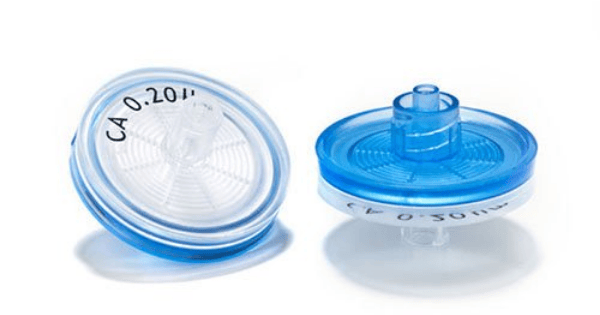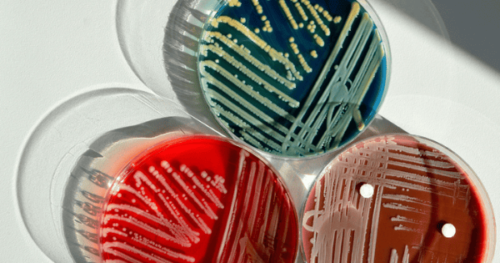Choosing the appropriate syringe filter is critical for obtaining consistent and accurate results in research applications. GVS Malaysia provides a comprehensive range of syringe filters to fulfil a variety of laboratory requirements. This essay gives a detailed guide on selecting the right syringe filter for different research needs, allowing scientists and researchers to improve the quality and efficiency of their experimental results.
Understanding Syringe Filters
Syringe filters, critical components in laboratory settings, are used to remove particulates from samples prior to analysis. The choice of the right syringe filter can impact the accuracy, reliability, and reproducibility of laboratory results. GVS Malaysia emphasizes the importance of considering several factors when selecting syringe filters, including pore size, filter diameter, and membrane type.
Pore Size Selection
The pore size of a syringe filter determines its capacity to trap particulate matter. GVS Malaysia provides filters ranging from 0.1 µm to 5 µm. Choosing the correct pore size depends on the specific requirements of the research and the nature of the samples. For microbiological applications, smaller pore sizes, such as 0.2 µm or 0.22 µm, are commonly used to remove bacteria and other microorganisms.
Filter Diameter
The diameter of the syringe filter affects its loading capacity and throughput. GVS Malaysia offers filters in various diameters, typically from 13 mm to 30 mm. Smaller diameter filters are suitable for small sample volumes, reducing waste and cost. Larger diameters are preferred for filtering larger volumes or more viscous samples, as they can handle higher volumes without clogging.
Membrane Material
The choice of membrane material is crucial for compatibility with the sample and solvent. GVS Malaysia’s syringe filters are available in materials such as Nylon, PTFE, PVDF, and Cellulose Acetate. Each material has specific properties that make it suitable for particular types of solvents and applications. For instance, PTFE is highly resistant to aggressive organic solvents, while Nylon is a good general-purpose filter material for aqueous and organic solutions.
Chemical Compatibility
It is essential to ensure that the syringe filter material is chemically compatible with the sample and solvent. GVS Malaysia provides detailed compatibility charts to help researchers select a filter that will not interact with their sample or degrade over time. This consideration is critical to maintaining the integrity of the sample and the accuracy of the results.
Application-Specific Considerations
Different research applications may require specific filter features. GVS Malaysia offers specialized syringe filters, such as those with pre-filters for high particulate loads or hydrophobic filters for gas filtration. Understanding the specific needs of your application can guide you in choosing a filter that will perform optimally under the given conditions.
Conclusion
Selecting the appropriate syringe filter is an important step in preparing samples for analysis. GVS Malaysia can provide researchers with high-quality syringe filters that match their individual research demands by taking into account aspects such as pore size, filter diameter, membrane material, and chemical compatibility. Researchers can acquire more precise, dependable, and efficient findings using the appropriate syringe filter, increasing scientific inquiry and discoveries.



